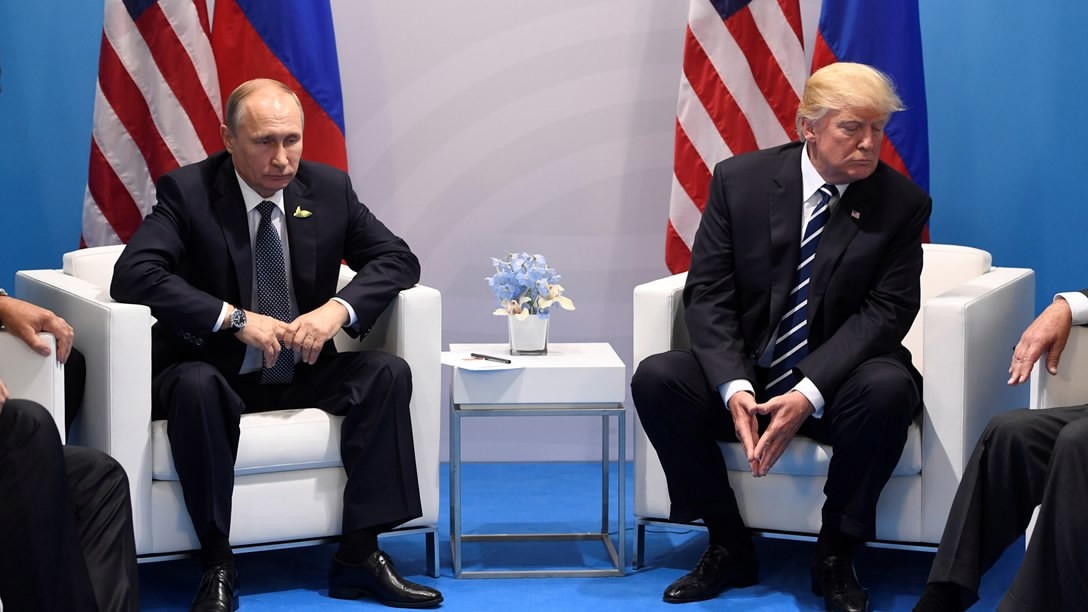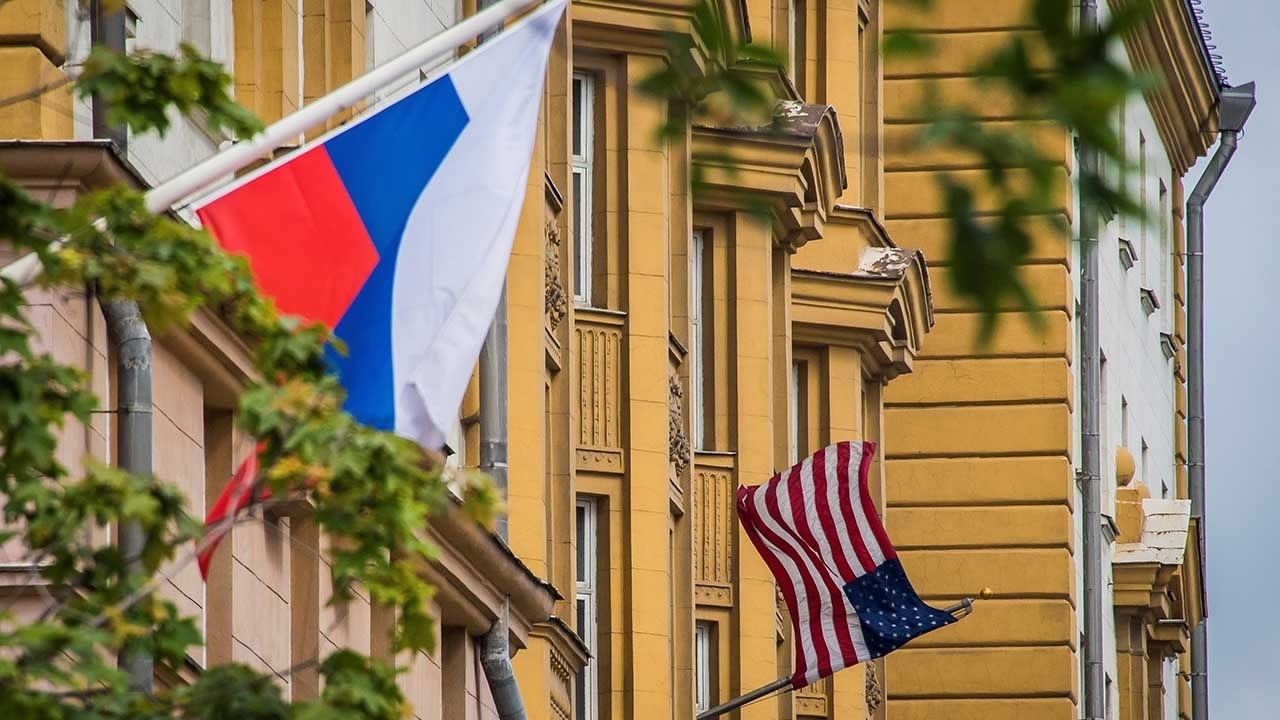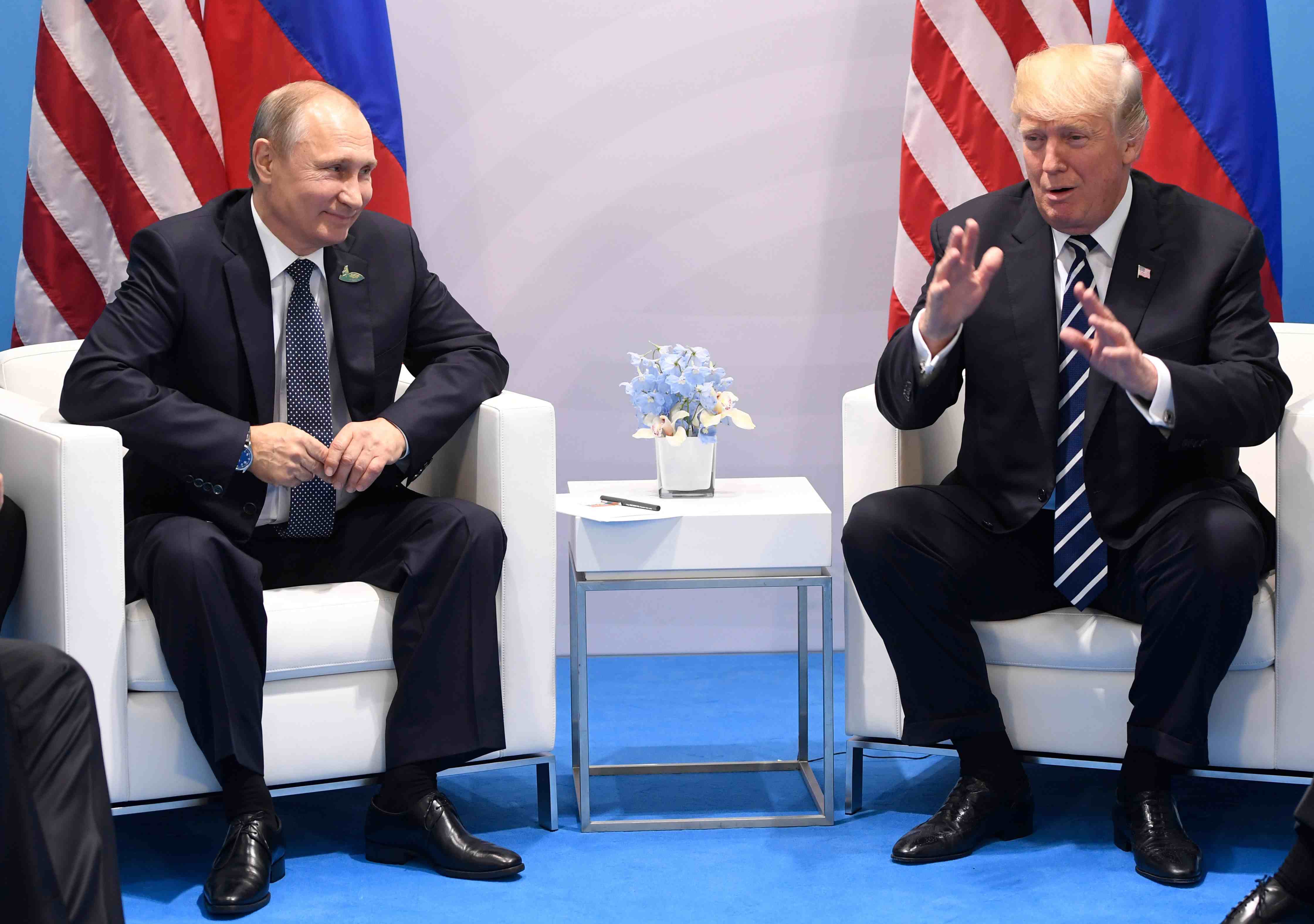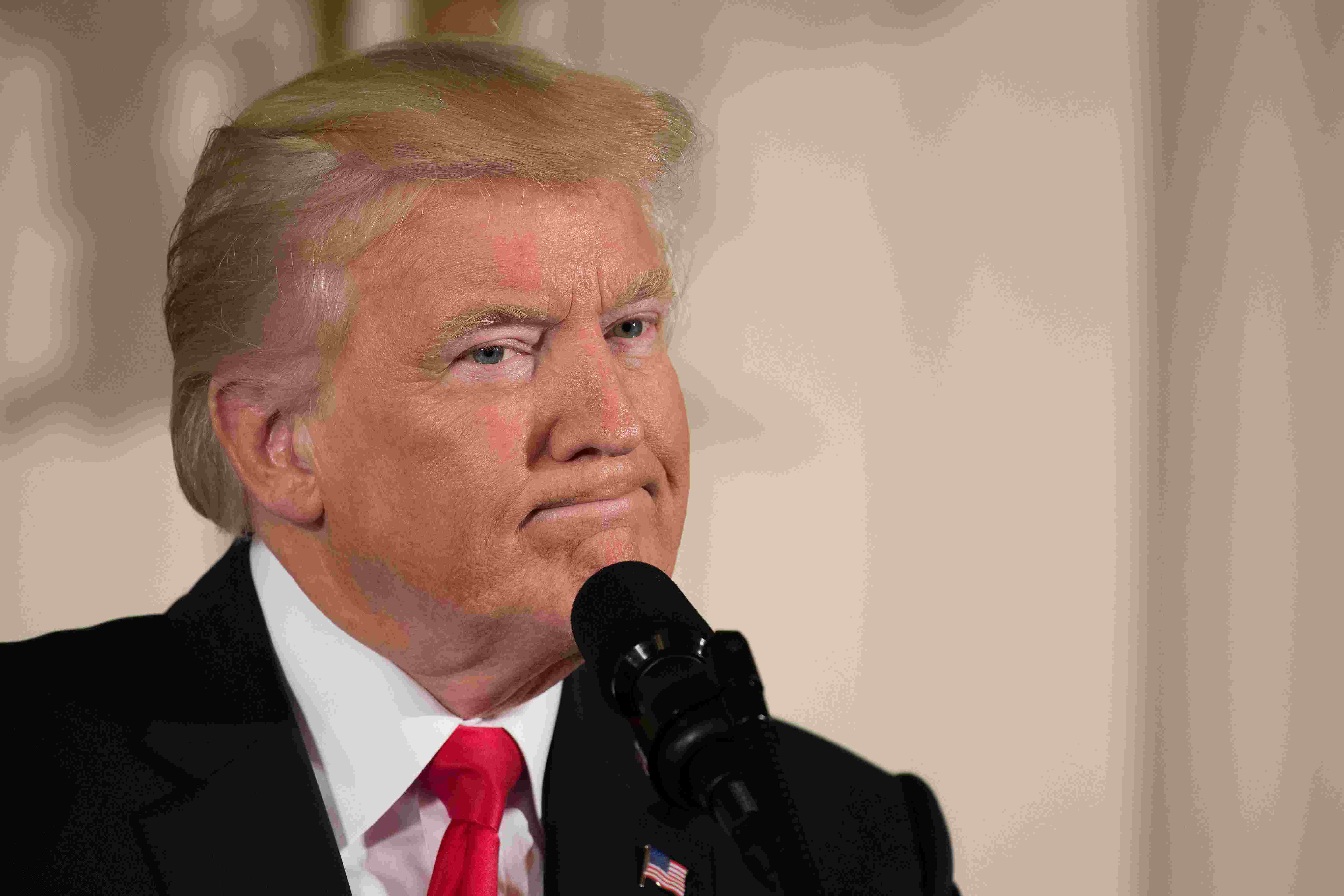
Politics
15:12, 02-Aug-2017
Opinion: Trump’s diplomatic plight shows weakness

By Zhang Wenzong, Global Times
A sanctions bill against Russia, Iran and the DPRK was passed by the US Senate and went to President Donald Trump's desk on July 27 right after the House of Representatives vote.
Congress under the Republican Party's control can never impose too many sanctions on Iran and the DPRK. But increased sanctions against Russia will undoubtedly put the White House into a dilemma as the investigation into the "Russiagate" keeps expanding and the US and Russia try to mend ties.
If Trump agrees to these sanctions, Russia will surely seek revenge and reconciliation will die on the vine. If he rejects the bill, the move will be interpreted as proof he is compromised by Russia.
Currently a large team is working on the Russia investigation and Trump's inner circle are like "prisoners of the White House," encircled by a big net formed by Congress, the FBI, special advisors, media and whistleblowers within the White House.
Trump, his family, close friends and staff can barely cope at the center of the storm, leaving the authority of the White House in decline. The hardline stance toward Russia by Congress is actually a no-confidence vote against Trump. US-Russia relations have fallen victim to America's internal politics, reflecting a terrible environment for the Trump administration and its vague diplomacy agenda.
There are four things to note about Trump and his team so far.

First, Trump rose out of a populist movement and is rejecting the role of a professional politician. He succeeded with zero political experience, an anti-elite populist style and an image as a Washington outsider. After a six-month learning phase in the White House, Trump seems more and more like a president, but it seems his true colors haven't faded.
The image of the US president has been damaged by his capriciously giving people the cold shoulder and scrambling for position on major diplomatic occasions. Little seriousness remains in diplomacy when he takes to Twitter to address governing matters and frequently sends confusing messages bypassing mainstream media. What made you win is not necessarily what keeps you a winner. By keeping the style he adopted during the election campaign, Trump has succeeded in fueling voters' enthusiasm. But this style does not necessarily work out in the realm of diplomacy.
Second, Trump's inherently inadequate team turns out to fall short of the tasks at hand. Trump found his transitional team short-staffed after winning the election, and the administration team took shape quite slowly after he took office. Moreover, he has failed to find enough hands because many Republican elites hold him in disgust. The National Security Council, though well-staffed and then sharpened through two reorganizations, has not yet figured out clear-cut thinking about strategic focus, priority topics and policy implementation, nor has any other key figure that Trump relies on.
With National Security Advisor H.R. McMaster and Defense Secretary James Mattis in the drivers' seat, America's security policies including anti-terrorism, alliance consolidation and reinforcement of the army revert back to tradition. But the diplomatic policy agenda remains unclear. Secretary of State Rex Tillerson and Senior White House Advisor Jared Kushner, who come from the circle of business elites, have not yet fully shown their flair and ambition.

US President Donald Trump and Russia's President Vladimir Putin hold a meeting on the sidelines of the G20 Summit in Hamburg, Germany, on July 7, 2017. / AFP Photo
US President Donald Trump and Russia's President Vladimir Putin hold a meeting on the sidelines of the G20 Summit in Hamburg, Germany, on July 7, 2017. / AFP Photo
Third, distrust by Congress and the media undermines the White House's control. Hostility from the mainstream media and a whistleblowing culture have put every word and act of Trump under a magnifying glass, not leaving out a single detail. The weakness of the president also whets the appetite of a Congress that fights fiercely with the White House for decision-making power in diplomacy. Trump's room to maneuver has been limited by excessive hype about Trump's behavior, negotiation skills, the performance of his team and his diplomatic achievements.
The more practical Trump is, the more motivated Congress and the media are to use human rights issues in other countries to highlight America's moral high ground. After Trump realized the sensitivity of the Taiwan question in engaging with China, Congress continues to persist with provocative acts such as voting to allow regular stops by US naval vessels at Taiwanese ports under the latter's lobbying.

US President Donald Trump. /AFP Photo
US President Donald Trump. /AFP Photo
Fourth, resistance against Trump's domestic agenda has cost him bargaining power. Trump has been committed to fulfilling his campaign promises and being a hardworking president, with many speeches, midnight tweets and frequent executive orders. Policies such as his withdrawal from the Paris Accord, his Muslim ban and a crackdown on illegal immigration triggered great disputes and did not work out as he expected due to political polarization and social division.
Resistance by Democrats and division within Republicans postponed legislation on medical reform, tax reform, infrastructure and the annual budget, which all face uncertain prospects. Trump has so much energy tied up in domestic affairs that his bargaining power with the outside world is undermined.
Since he took office half a year ago, Trump's approval rating slumped to 36 percent, a new low among all American presidents since the beginning of the 20th century. But the establishment can hardly "topple" Trump without iron-clad evidence of improper connections with Russia, obstruction of justice or perjury.
It is now still too early to make a judgment about the new administration's diplomatic policies, but a weak image of Trump has already been established in front of American people and the international community.
(The author is director of the political studies and an associate research fellow at the Institute of American Studies, China Institutes of Contemporary International Relations. The article reflects the author's opinion, not necessarily the view of CGTN.)
Related stories:

SITEMAP
Copyright © 2018 CGTN. Beijing ICP prepared NO.16065310-3
Copyright © 2018 CGTN. Beijing ICP prepared NO.16065310-3